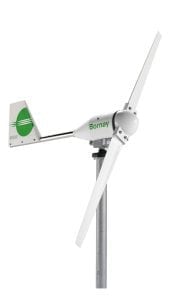
Agriculture
January 24, 2024
Bornay Inclin 600
Read SolutionImplemented by
Bornay
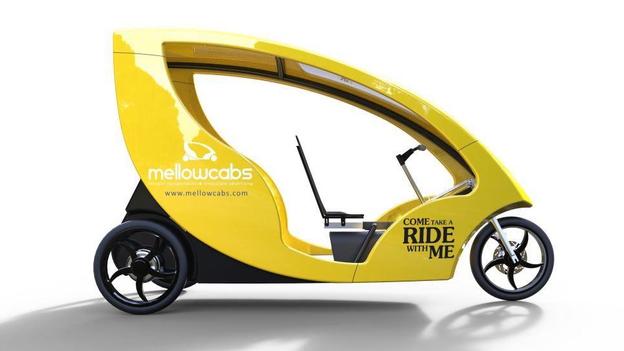
Updated on June 22, 2024
·Created on August 16, 2016
Mellowcabs are electric minicabs that can be ordered via Mellowcabs app or website.
Mellowcabs are three-wheeled electric minicabs that are designed to provide an efficient on-demand taxi service in urban areas. They are eco-friendly with zero carbon emissions as they use a solar panel that produces up to 35% of the cab’s power and a battery to complement the cab’s needs. They are aimed to provide micro transport within a three miles radius. A single Mellowcab can provide over 120 km of transport per day. A mobile app connects the commuters and the cabs and payment can be made via the app. A promotional video is available here.
Target SDGs
SDG 7: Affordable and Clean Energy
SDG 8: Decent Work and Economic Growth
Market Suggested Retail Price
$2.00
Target Users (Target Impact Group)
Household, Community
Distributors / Implementing Organizations
Mellowcabs operates as the primary implementing company.
Countries
South Africa
Manufacturing/Building Method
The cabs are manufactured in South Africa.
Intellectural Property Type
Trademark
User Provision Model
Passengers check nearest cabs from the Mellowcabs app, set a meeting point on the screen and hail a cab. Once the cab reaches, the driver greets the passenger by name and the passenger hops in. Upon destination, the application charges the passenger's card.
Distributions to Date Status
Unknown.
Capacity
3 (including driver)
Gear Ratio
16:1 reduction gear
Maximum load capacity (kg)
415
Design Specifications
The Mellowcab weighs 230 kg (or 507 lbs), with three wheels and powered by pedals and an electric assist motor. The protective shell is made from recycled-plastic compound, and the electric wheel-hub motors are internally geared. When you start pedaling, the motors engage.
Mellowcabs Model L1 technical specifications:
Battery Lithium Ion 200 Ah
Motor 48 V / 5 kW
Vehicle dimensions 3100 mm x 1200 mm x 1800 mm
Frame chassis Aluminum
Transmission mode 16:1 reduction gear
Shell material Fiberglass composite
Wheelbase 2800 mm
Rear axle span 990 mm
Maximum load capacity 415 kg
Maximum forward speed 65 km/h
Maximum backward speed with reverse gear, max backward speed 15 km/h
Technical Support
Technical support is provided by the manufacturer.
Replacement Components
Replaceable components include the solar panel, battery, motor, chassis and frame.
Lifecycle
Unknown
Manufacturer Specified Performance Parameters
Mellowcabs aims to provide low-cost and eco-friendly transport.
Vetted Performance Status
Unknown. Mellowcabs has however measured product performance through several trials in the field.
Safety
Towards improved safety, the MellowCab team has developed ultra-rigid roll cage, safety belts, and proximity sensors for the vehicles. Passengers are able to use lockable baggage areas underneath the seat to keep property safe. Drivers, after every shift, inspect the vehicle and complete a fault report. Maintenance is done on a scheduled basis.
To ensure passenger safety, the cabs are monitored and tracked using a real-time GPS. Driving staff must complete an in-house training program, possess both a valid South Africa motorcycle license and a professional-driving permit and submit random alcohol and drug tests. Passengers can also submit their feedback via on-board tablet.
Complementary Technical Systems
This product will feature a phone app that will be connected to requesting and paying for the service.
MellowCabs has expanded to also include MellowVans.
Academic Research and References
Dressler, A. and Bucher, J., 2018, Introducing a Sustainability Evaluation Framework based on the Sustainable Development Goals applied to Four Cases of South African Frugal Innovation, Business Strategy and Development, 1(4), pp. 276-285.
Joss, A., 2018, Design and Optimisation of a Hub Drive Electrical Motor for an L2 Class Electrical Vehicle for Sustainable Urban Transport Applications, M.E. Thesis, Department of Electrical and Electronic Engineering, Stellenbosch University.
Empowering People. Network . n.d. MellowVans. Empowering People. Network. Siemans | Stiftung.
Mellowcabs. n.d. VC4A.
Mulligan, Gabriella. 2015. Technology to Tame Africa’s Deadly Transport Chaos. BBC, April 28, 2015.
Compliance with regulations
Mellowcabs conform to international roadworthy and safety standards.
Evaluation methods
Unknown
Other Information
None

Agriculture
January 24, 2024
Implemented by
Bornay

Agriculture
January 20, 2024
Implemented by
Sustainable OneWorld Technologies C.I.C. (SOWTech)
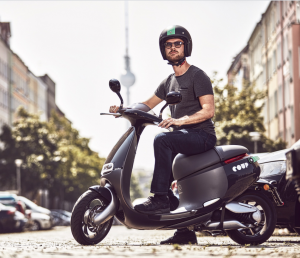
Agriculture
June 23, 2024
Implemented by
Gogoro Inc.
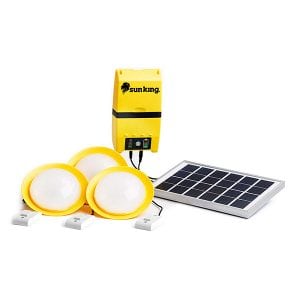
Agriculture
December 11, 2024
Implemented by
Sun King
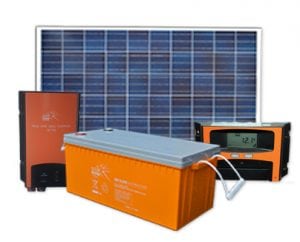
Agriculture
December 11, 2024
Implemented by
SolarNow
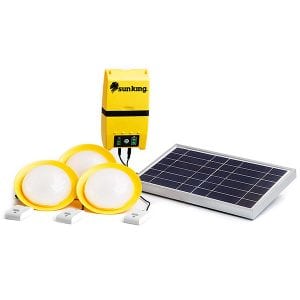
Agriculture
December 7, 2024
Implemented by
Sun King
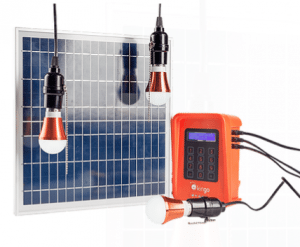
Agriculture
December 7, 2024
Implemented by
Kingo Energy
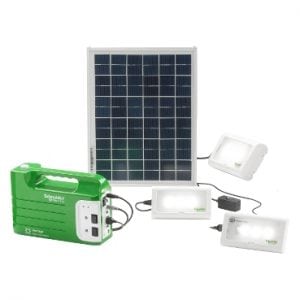
Agriculture
December 30, 2023
Implemented by
Schneider Electric Industries SAS

Agriculture
June 20, 2024
Implemented by
Electric Vehicle Association of Thailand (EVAT)
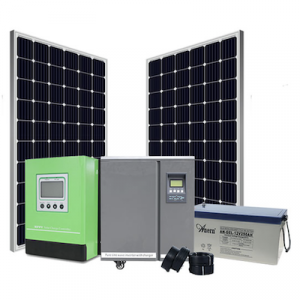
Agriculture
December 23, 2024
Implemented by
Guangzhou Anern Energy Technology Co., Ltd
Have thoughts on how we can improve?
Give Us Feedback
Noel Wilson says:
Academic research see ibike .org as an example. WBR would also have some reports on the Buffalo by now.
Complementary Tech systems could benefit from dynamos/ag equipment designed to work with a bicycle.
Good other information section but some of those links should go in the ‘research’ or other fields rather than other? (and are contrary to what it states in Academic Research’)
I dont think the Mellow Cabs should be defined as ‘Personal Transport’ it is more public transport or a mobility service.
Vetted performance could include limitations of pure electric vehicle (if they run out of charge they can’t move) and the need for charging infrastructure?
There is likely some relevant research on electric vehicle distribution/legislation/impact.